healthy eating is important when it comes to a healthy lifestyle. since joining FASTer Way to Fast Loss it’s no secret that i’m a big proponent for healthy eating. healthy body healthy mind right? a health and wellness check-in is of utmost importance to me. nothing makes me happier than sharing what i’ve learned since my fitness journey started in january 2018. and what a journey i embarked upon! i was astonished to learn that much of the nutritional data we were raised on is now outdated. like snacking all day long and eating mini-meals. or exercising more eating less. for years, i believed exercise was the key, and limiting calories was the answer. wrong! you can never out-exercise a poor diet. never. healthy eating is key.
there is no question that there are escalating rates of obesity, diabetes, and cardiovascular disease. many of which are preventable with healthy eating. the choices we make with nutrition profoundly impact our health. calories in calories out are just not effective. it’s our lifestyle choices that impact healthy aging and weight gain. i do not support the limiting belief that we have to accept weight gain is a normal function of aging. yes, the statistics are startling. 2/3 of women 40 – 59 are overweight. and more than 1/2 are obese. while there is no quick fix when it comes to losing weight, there are strategies we can adopt. the inherent power of food and nutrition can be our greatest asset to our health and wellness journey. i’ve learned so much about nutrition (and continue to learn) with the help of FASTer Way to Fat Loss which is why i’m committed to sharing this program with you.
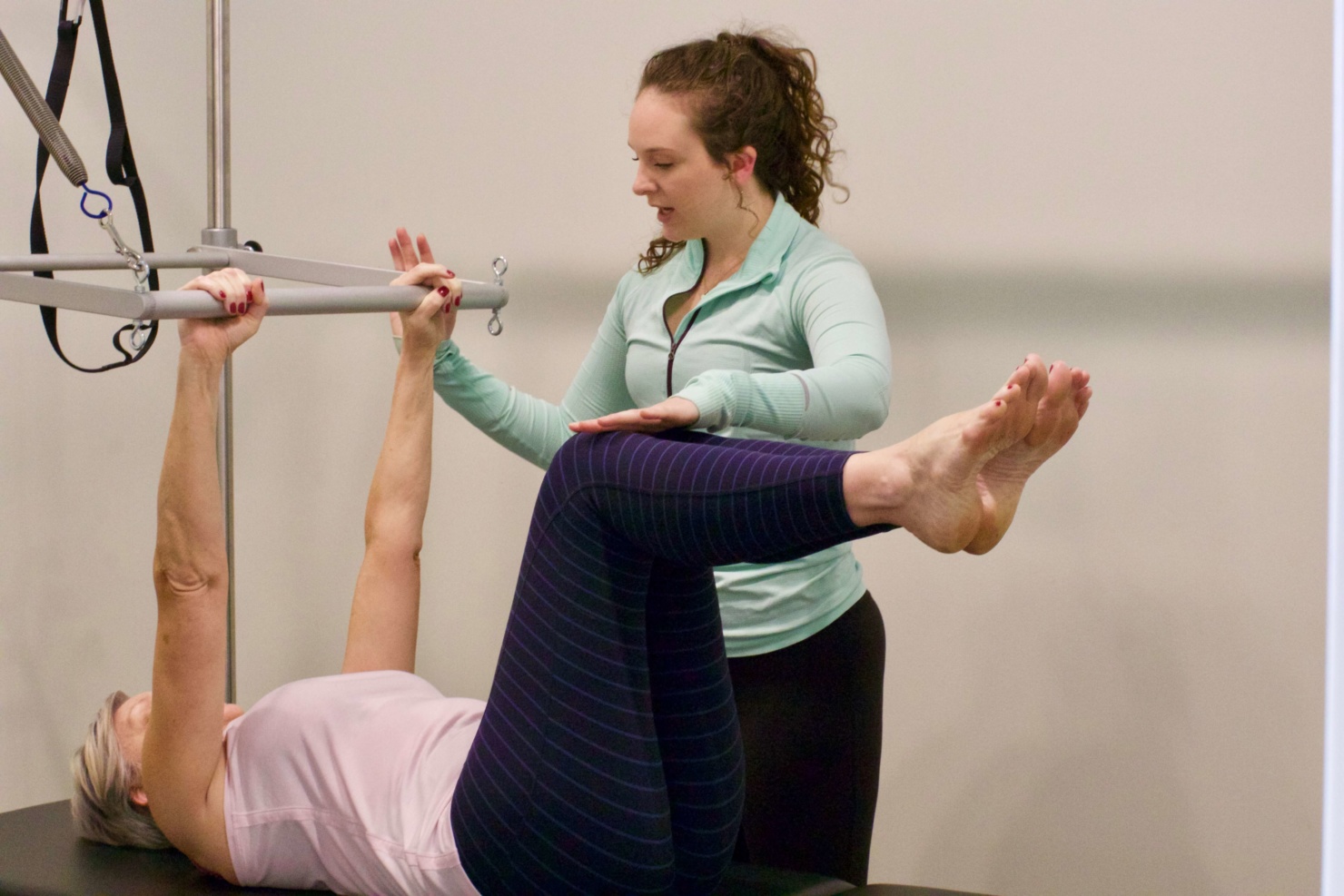
since healthy eating is important to me i’m committed to sharing healthy recipes with y’all ! what do i eat on a typical day? well, i break my fast about 12pm each day so it’s a toss-up if i eat breakfast or go with lunch. eggs are good any time of day so they’re definitely a go-to of mine.
healthy eating includes a few snacks if you like. here’s one that’s quick and delicious: 12 almonds, 1 cup papaya
healthy eating snack: 1 tablespoon peanut butter, 2 cups celery
Faster Way to Fat Loss has also taught me the importance of a good night sleep and water intake. yes, i’ve learned to make friends with all of the restrooms in town! that’s how important water is. in fact, water runs the show as it regulates our thermostat. as we drink water, it circulates through our body naturally helping us to perspire and sweat which regulates a temperature pattern. if our water intake is low, our body can’t properly regulate its temperature. our body perceives this as trauma then figures out a way to adapt by hoarding and collecting fat to act as insulation to control our temperature. if our water intake is low, we will hoard fat. if our food is perfect, but our water intake is low our body will hoard fat. what?! yes, that’s why WATER runs the show.
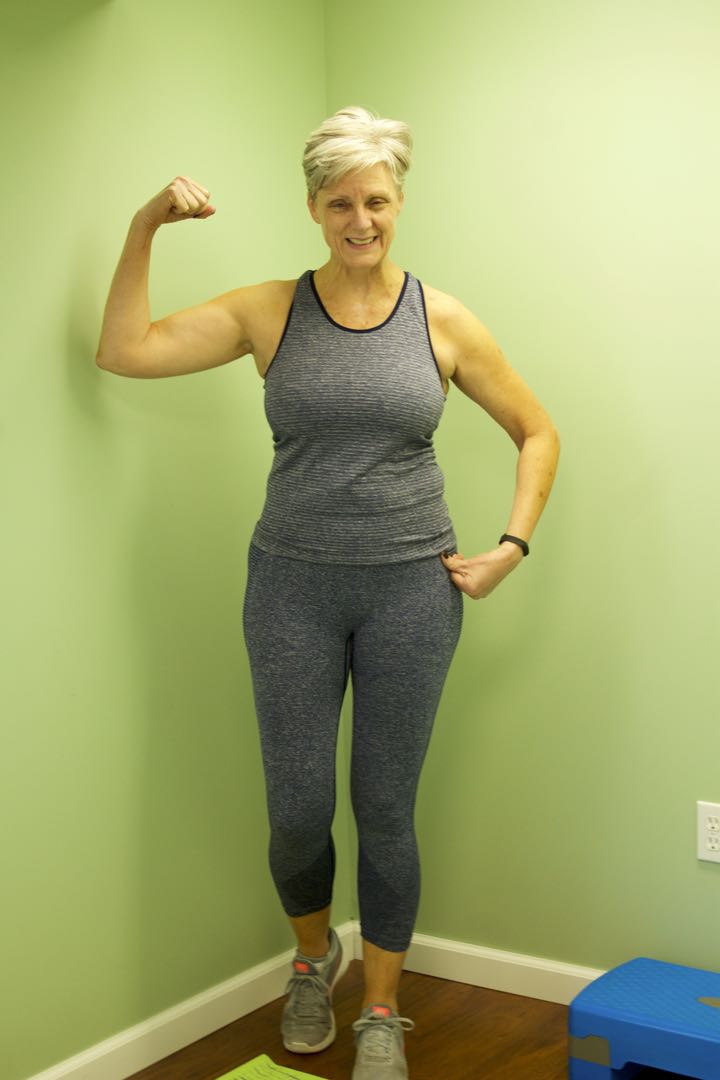

if you are interested in signing up for Faster Way to Fat Loss the next round starts July 8th. here are three reasons i love this program besides the fact i feel great and have more energy:
ONE – every detail is planned out for you. the online workouts have exact directions and links to watch the moves. but if you love working out at The Barre, or have another workout routine, or you’re used to Spin Class no problem. there are options, ladies, options. my workout routine consists of two sessions per week on my Peloton, two Pilates Reformer session, and one aerobic weight training class with Amanda (the mastermind behind FWTFL). the great thing about Faster Way to Fat Loss is you can make it work with your lifestyle!
TWO – this is a lifestyle, not a diet. we use My Fitness Pal app to track calories and macros, but the mentality is progress, not perfection. the goal is to eat dairy free, grain free and gluten free as much as possible but again, there’s flexibility. do i have a cocktail or glass of wine on occasion? absolutely! are there sweets and treats on special occasions? yes. as i mentioned, Faster Way to Loss is a lifestyle change, not a diet. it gives me the tools and resources to stay or get back on track. this program teaches how to cut fat and gain lean muscle while living life to its fullest.
THREE – it is a proven system that helps women and men (yes, there is a program for men) lose fat. and there’s no age limit! actually, you’ve heard me talk about the importance of exercise as we age. my goal is to live the best life possible regardless of age. and exercise is key.
registration is open for the next round that starts July 8! sign up here.
|
BIG news! If you’ve been on the fence about registering for the next round of the FASTer Way to Fat Loss starting July 8, NOW is the time to join the movement. Register for our July 8 round and you’ll receive an exclusive FASTer Way gift from program creator Amanda Tress for FREE! The FASTer Way gift bundle includes: This is in addition to the NEW digital Meal Plan and Cookbook we are releasing in July! Trust us, you DON’T want to miss this opportunity to join the fastest growing online nutrition and fitness program on the market! But hurry… registration is CLOSING soon and this offer is only available for a limited time. Snag your spot before we’re full! |
happy sunday, ladies! i hope everyone enjoyed the long holiday weekend. if you would like to read more about my fitness journey here are a few more posts:
how to lose weight with FASTer Way to Fat Loss

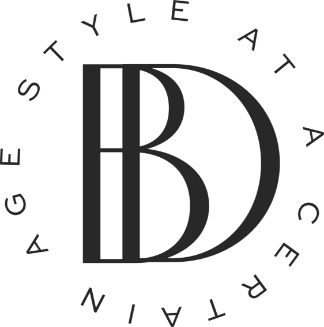


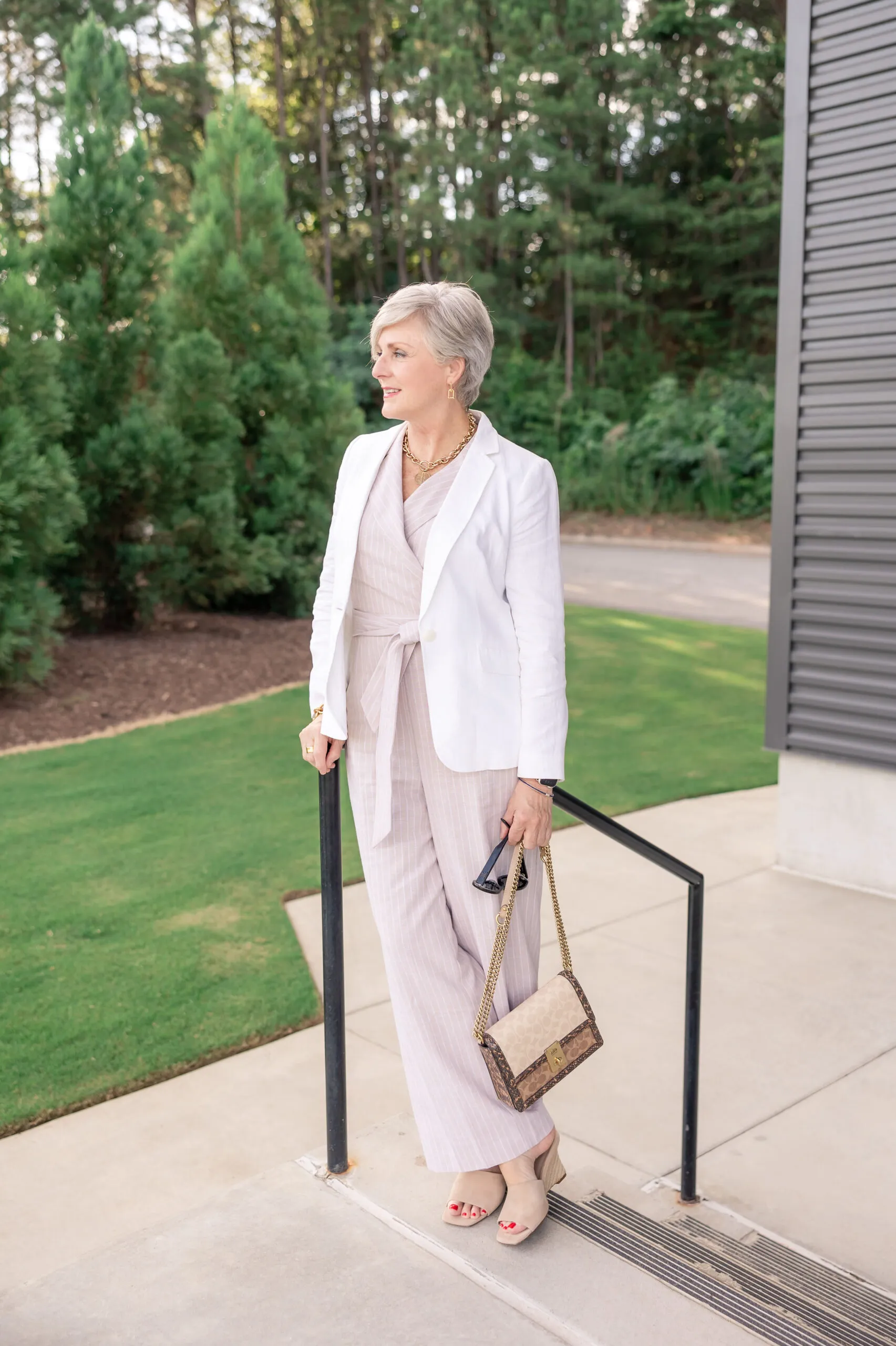







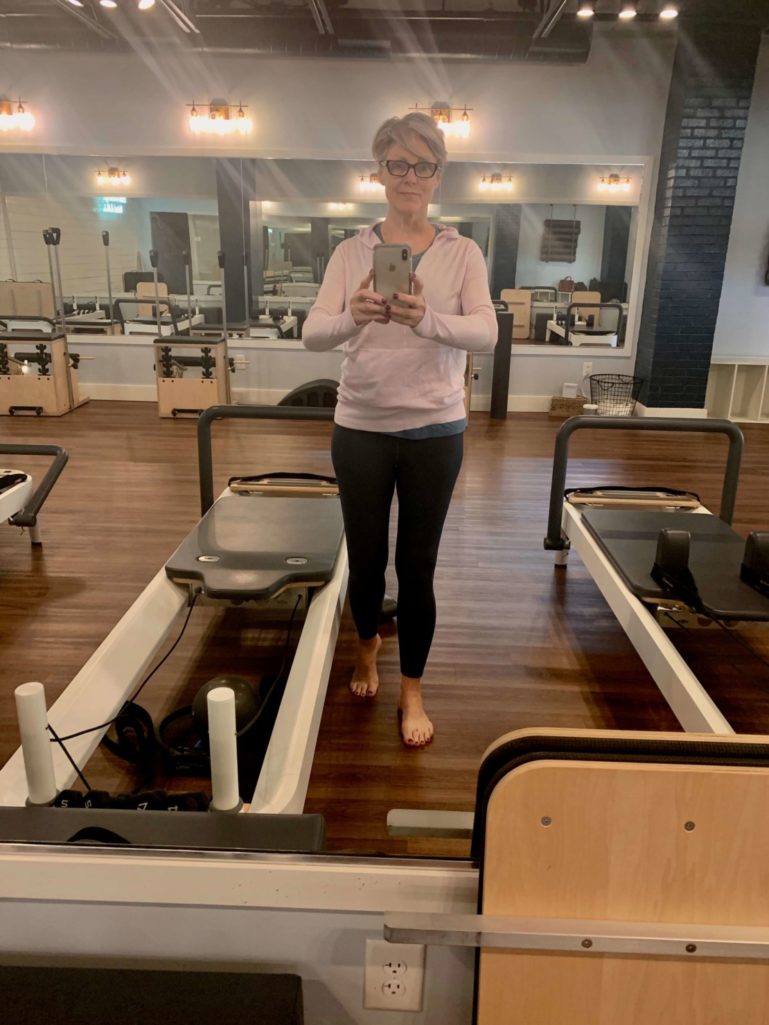
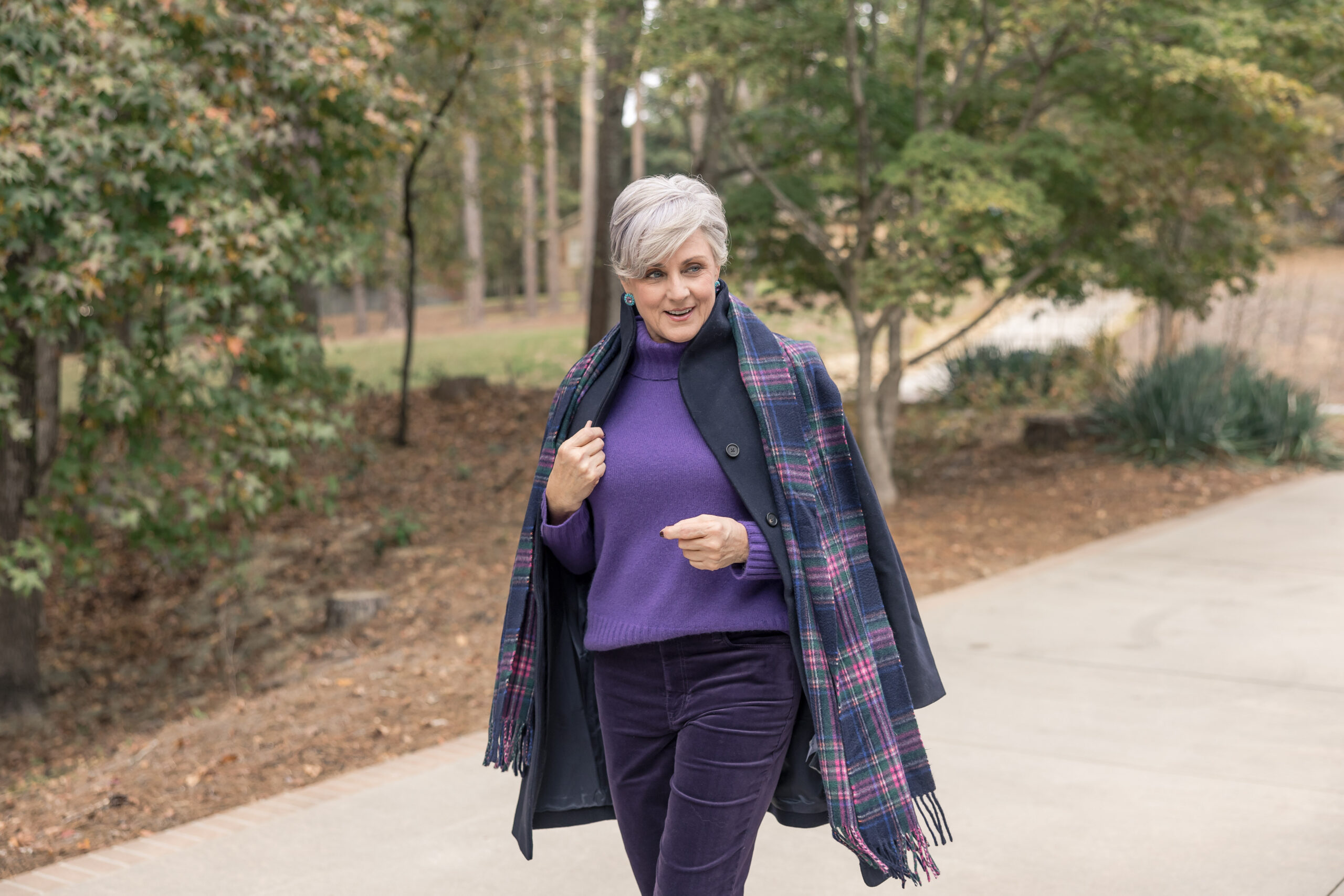
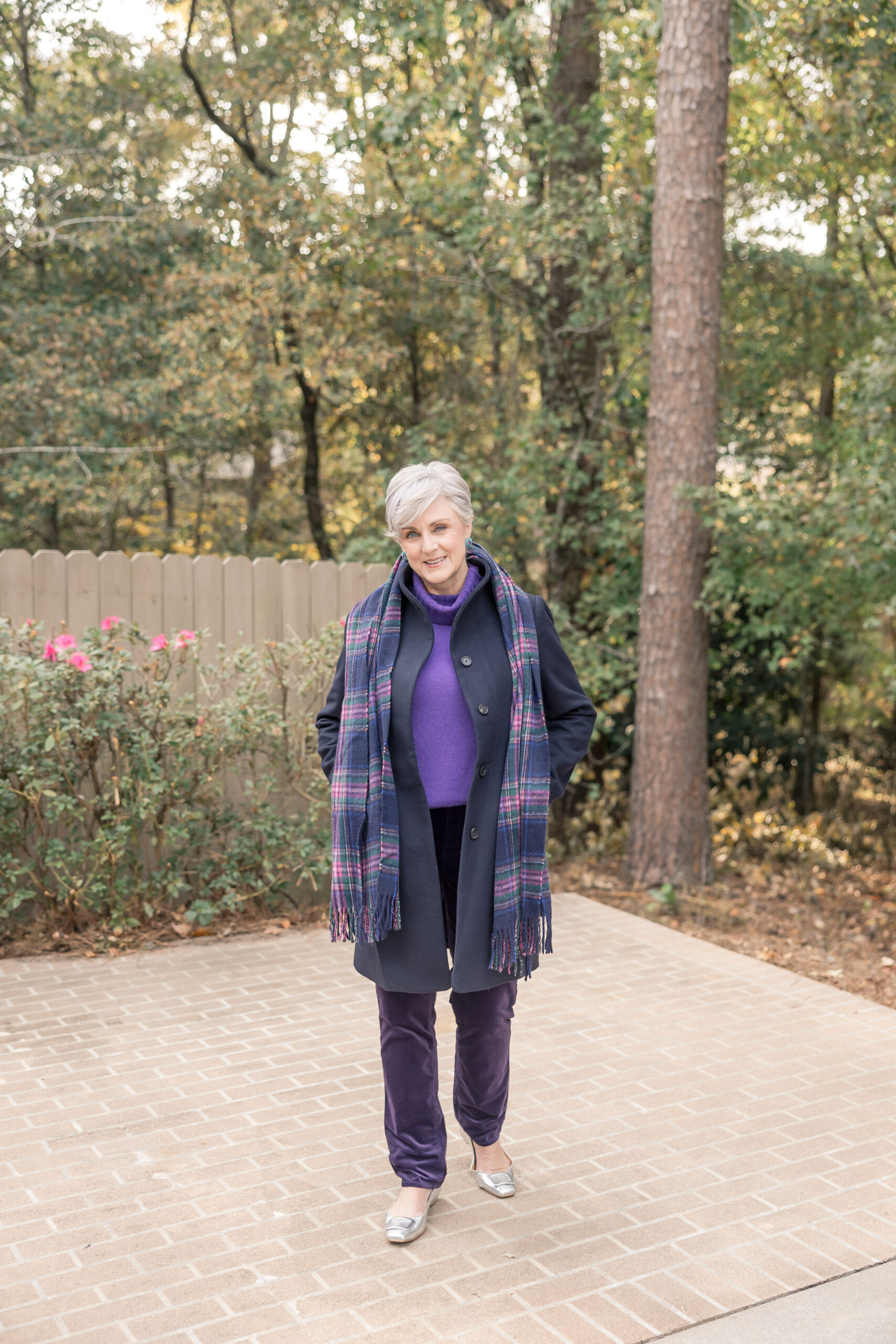


Definitely not healthy to skip breakfast. Your body needs fuel to start your day. Every registered dietitian would not agree with this concept !
hi joan! technically, i am eating breakfast. i’m just breaking my fast later in the day. but, yes, the old thinking was that your body needed fuel right away to start the day. now the data is supporting intermittent fasting helps lower our insulin levels which is key to burning fat. but any eight-hour feeding window works. if you want to break your fast at 7am then the last meal needs to be consumed by 3pm. there’s lots of flexibility with this program.
There’s a lot of research behind intermittent fasting. Maintaining a fasting- eating cycle of 16-8 is very healthy.
there is more and more data that supports intermittent fasting. i’m definitely convinced it works.
Dumb question, but is the quinoa in the salmon recipe cooked or dry?
there are no dumb questions. it is one cup cooked quinoa. i typically use Trader Joe’s frozen quinoa that i heat up in the microwave. i love shortcuts when it comes to cooking. and Trader Joe’s has so many healthy options.
You look great, Beth, and your fitness journey has been very informative and inspiring. Thank you for sharing it!!
thanks so much for stopping by mary! i think it’s so important to have the right tools and information at your disposal. and there’s been so much misinformation when it comes to aging. i’m happy to share what i’ve learned
along the way.
I’m curious, with not eating until noon, do you work out in the morning? I workout at Orange Theory Fitness (I think you’ve been there too) and find if I haven’t eaten within about 3 hours of working out, I feel dizzy during the workout.
the important thing to remember when it comes to intermittent fasting is that it is an eight hour window where you consume your meals. so if you want to eat an hour or two after working out (or before) then just start the clock then. if it’s 10am then your last meal needs to be consumed by 6pm. i typically workout around 10 or 11am take a shower then have my first meal around 12pm. but i’ve never eat a meal before working out. my preference has always been to work out on an empty stomach. but it’s really easy to tailor the program to what works for you. progress not perfection.
Beth did you lose weight on this program or do you just feel healthier?
both. i’ve lost about 15 pounds which have been converted from fat to muscle. and i feel so much better because physically because i’m making better choices when it comes to nutrition.
You’re doing great, Beth! I have learned over the past few years that I really need far less food than I used to think I need, too. If you’re eating healthy, you’re eating lots of fiber and protein and things that fill you up well. I am a believer in intermittent fasting, and I’ve found it helps minimize my RA pain levels, too. I thought at first I was imagining it and have since read that that’s accurate. (I’m not promoting giving up eating, just fasting intermittently!)
You’re doing great, Beth! I’m an IF’er, too. For those who want to know more about intermittent fasting, reversing Type 2 Diabetes, overcoming long-term obesity, autophagy, etc., I recommend these amazing books:
Delay, Don’t Deny by Gin Stephens (a Georgia author!)
The Obesity Code, The Diabetes Code, and The Complete Guide to Fasting by Dr. Jason Fung (also check out all his You Tube videos)
You are 100% correct! The science supports the health benefits of intermittent fasting. And it’s free! It is a paradigm shift for the medical and nutrition communities, but many are getting up to speed. Keep sharing this great information. Happy fasting!